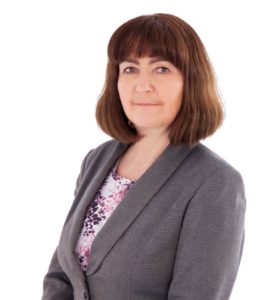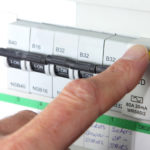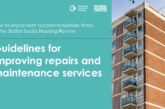New government draft regulations could see mandatory electrical safety checks required in England’s social housing. These protections could benefit over four million households living in the social rented sector and create parity with the private rented sector.
The Draft Social Housing (Regulation) Bill, would pave the way to finally remove the inequality in the law whereby private tenants are protected by mandatory five yearly electrical safety checks but social tenants are not. In a major step towards equal electrical safety protection the draft regulations would establish electrical safety checks for social housing tenants by amending current legislation so that it also applied to ‘a registered provider of social housing’.
Following extensive campaigning by Electrical Safety First over the years the Government enacted new laws in 2020 that introduced five yearly electrical safety checks in the private rental sector, protecting millions of people from electrical hazards. The charity has since called for the same protection to be afforded to those living in socially rented homes. The announcement is a major step in the process towards changes to the law.
 Commenting on the draft publication of the regulations, Lesley Rudd (pictured right) Chief Executive of Electrical Safety First said: “The draft regulations are a real step in the right direction to ensuring that social housing tenants are better protected from electrical dangers and that the housing sector and landlords have clarity on safety standards. We look forward to working very closely with the Government and await the announcement of the consultation.”
Commenting on the draft publication of the regulations, Lesley Rudd (pictured right) Chief Executive of Electrical Safety First said: “The draft regulations are a real step in the right direction to ensuring that social housing tenants are better protected from electrical dangers and that the housing sector and landlords have clarity on safety standards. We look forward to working very closely with the Government and await the announcement of the consultation.”
The Government is yet to consult on electrical safety standards in the social rented sector and any secondary legislation would be subject to the outcome of the consultation, due to take place in the summer of this year.
Header image: Testing an RCD (Residual Current Device) on a UK domestic electrical consumer unit or fuse box ©Gary Perkin/AdobeStock.
Winkworth Sherwood has also commented on the Government’s Draft Social Housing (Regulation) Bill, you can read Associate in the Social Housing team Matt Cowan’s thoughts here.









